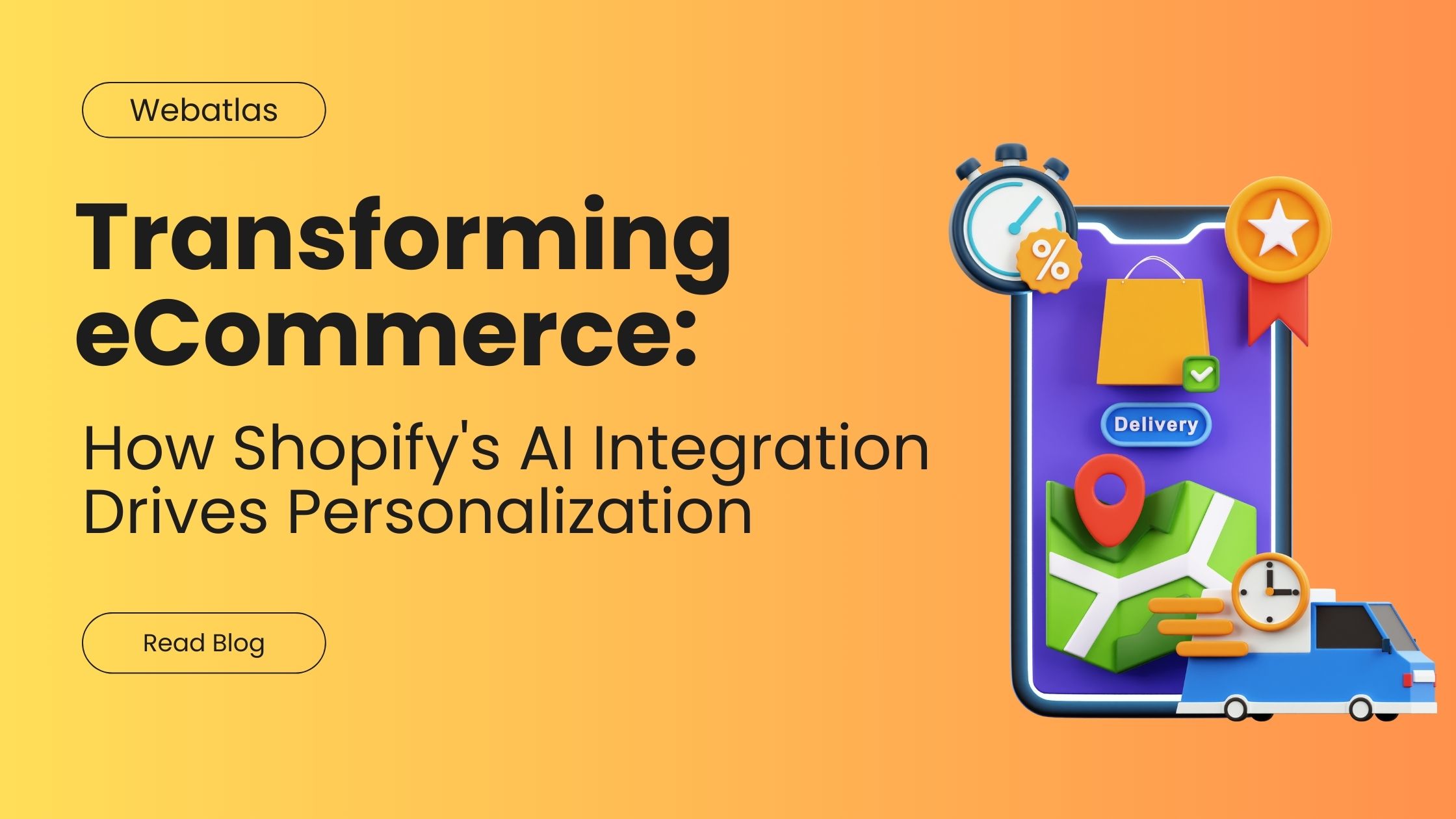Testing in DevOps: Integrating Testing into the Development Pipeline

In the dynamic landscape of software development, DevOps has emerged as a pivotal approach to streamline collaboration between development and operations teams, ensuring faster delivery of high-quality software. Central to this methodology is the integration of testing throughout the development pipeline, enabling continuous feedback, rapid iteration, and enhanced product quality. This article explores the principles, benefits, challenges, and best practices of testing in DevOps, highlighting the critical role it plays in modern software development.
Understanding DevOps and Its Core Principles
DevOps represents a cultural shift that emphasizes collaboration, automation, and continuous improvement across the software development lifecycle (SDLC). By breaking down silos between development (Dev) and operations (Ops) teams, DevOps aims to achieve seamless integration and deployment of software, fostering agility, scalability, and reliability.
The Role of Testing in DevOps
In traditional software development models, testing often occurs towards the end of the SDLC, leading to delayed feedback and potentially costly bug fixes. In contrast, DevOps promotes a shift-left approach to testing, where testing activities are integrated early and continuously throughout the development pipeline. This proactive approach helps identify and address issues sooner, reducing the risk of defects reaching production and ensuring faster time-to-market.
Also Read- What is the Difference Between Web2 and Web3 Development
Key Benefits of Integrating Testing in DevOps
1. Early Detection of Defects
By integrating testing into every stage of the development process, DevOps enables early detection of defects and vulnerabilities. Automated tests executed during code commits or builds provide immediate feedback to developers, allowing them to address issues promptly and prevent defects from escalating into larger problems.
2. Continuous Feedback Loop
Testing in DevOps facilitates a continuous feedback loop between development, testing, and operations teams. Automated testing frameworks and tools generate actionable insights and metrics, enabling stakeholders to make informed decisions about software quality, performance, and deployment readiness.
3. Faster Time-to-Market
The streamlined collaboration and automated workflows in DevOps accelerate the software delivery pipeline. By reducing manual interventions and optimizing testing processes, organizations can release software updates and features more frequently, meeting market demands and staying ahead of competitors.
4. Improved Product Quality
Continuous testing in DevOps enhances product quality by ensuring that each code change is thoroughly tested for functionality, performance, security, and usability. By maintaining rigorous testing standards throughout development, organizations deliver robust and reliable software that meets user expectations and business requirements.
Challenges in Testing in DevOps
While the benefits of integrating testing in DevOps are substantial, organizations may encounter several challenges:
- Tool Integration: Ensuring seamless integration of testing tools with existing development and deployment pipelines.
- Test Environment Management: Maintaining consistent and reliable test environments across different stages of the pipeline.
- Skill Set Requirements: Equipping teams with the necessary skills and expertise in automation, scripting, and continuous testing practices.
- Security and Compliance: Addressing security vulnerabilities and regulatory compliance requirements through automated testing frameworks.
Best Practices for Testing in DevOps
To effectively integrate testing into the DevOps pipeline, organizations should adopt the following best practices:
1. Shift-Left Testing
Start testing as early as possible in the SDLC to detect and resolve issues before they impact downstream processes.
2. Automation-First Approach
Automate repetitive testing tasks, including unit tests, integration tests, and regression tests, to increase efficiency and reliability.
3. Continuous Integration and Continuous Testing (CI/CT)
Implement CI/CT practices to validate code changes automatically with each commit, ensuring code quality and stability.
4. Collaborative Culture
Promote cross-functional collaboration between development, testing, and operations teams to foster a culture of shared responsibility and accountability.
5. Metrics-Driven Insights
Utilize metrics and analytics from automated tests to track progress, identify bottlenecks, and continuously improve testing processes.
Expertise of Webatlas in Software Testing
At Webatlas, we specialize in delivering comprehensive software testing services tailored to meet the unique needs and challenges of modern businesses. With a dedicated team of certified testers and quality assurance professionals, we leverage industry best practices, cutting-edge tools, and methodologies to ensure the highest standards of software quality and reliability.
Our Approach to Testing in DevOps
We understand the critical role of testing in DevOps and its impact on accelerating time-to-market while maintaining superior product quality. Our expertise lies in seamlessly integrating testing activities throughout the DevOps pipeline, from requirements gathering and test planning to automation, execution, and reporting. By adopting a proactive and collaborative approach, we help organizations achieve continuous improvement, mitigate risks, and deliver exceptional user experiences.
Case Studies and Success Stories
Through our proven track record, we have helped numerous clients across industries achieve significant improvements in software quality, efficiency, and customer satisfaction. By aligning our testing strategies with business objectives and market demands, we enable organizations to innovate confidently and achieve sustainable growth in today’s competitive landscape.
Conclusion
In conclusion, testing in DevOps represents a paradigm shift in software development, empowering organizations to achieve faster innovation, improved quality, and enhanced collaboration across teams. By integrating testing early and continuously into the DevOps pipeline, organizations can mitigate risks, accelerate time-to-market, and deliver value-driven software solutions that exceed customer expectations.
At Webatlas, we are committed to driving excellence in software testing through our expertise, dedication to quality, and continuous pursuit of innovation. Whether you are embarking on a DevOps transformation journey or seeking to optimize your testing practices, we are your trusted partner in achieving success through robust and reliable software solutions.
Contact us today to learn more about how Webatlas can support your testing initiatives and propel your organization towards greater agility, efficiency, and market leadership in the digital age of DevOps. Let’s innovate together for a brighter future in software development and quality assurance.
Recent Post
Let's talk about your project, or just come and say hello!
Webatlas Technologies is the fastest growing web and mobile app development company



